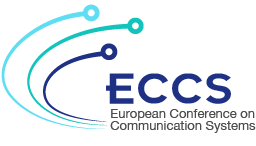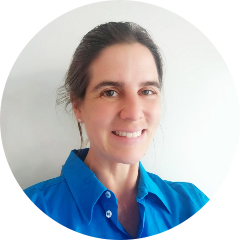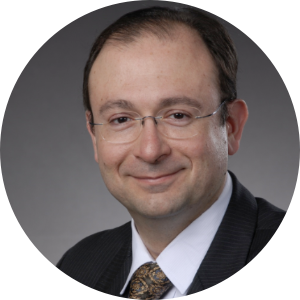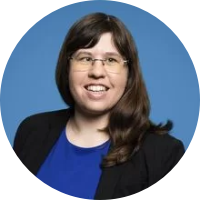
- Home
- Committee
- Call for Papers
- Keynote Speakers
- Paper Submission
- Registration
- Conference Venue | Hotel
- Program
- Tutorial
- ECCS History
- Vienna Travel
- News Update
- Visa | Invitation
- Contact
Keynote Speakers

Sandra Schön, Graz University of Technology, Austria
Dr. Sandra SCHOEN is senior researcher at TU Graz (Austria) and fnma (Austria) and experienced Open Educational Resources (OER) ambassador since more than 15 years now. She has extensive experience in OER projects, understands international OER trends, and brings a track record of international presentations and publications. Passionate about inspiring others in Open Education.
Speech Title: Navigating the Future: Open Educational Resources in Higher Education

Luigi Benedicenti, University of New Brunswick, Canada
Dr. Luigi Benedicenti received his Laurea in Electrical Engineering and Ph.D. in Electrical and Computer Engineering from the University of Genoa, Italy. A full professor and dean in the Faculty of Computer Science at the University of New Brunswick, Benedicenti previously served as Associate Dean in charge of Special Projects and as Associate Vice-President (Academic) at the University of Regina. He is a Professional Engineer licensed in New Brunswick and a licensed Italian Engineer. He created the Software Systems Engineering Program at the University of Regina and became its founding Program Chair. He led the accreditation process for the new program and was subsequently entrusted with the supervision of data collection and computation for all Engineering programs.
Benedicenti has more than 130 international peer-reviewed publications and has supervised more than 50 graduate students. He is familiar with the Tri-agency grant system, the European Union system and the United States National Science Foundation system, having participated in the process as an applicant, a mentor and a reviewer.
Benedicenti’s current research is in three areas: Software Agents, Software Process, and New Media Technology. Research in Software Agents involves the characterization of software agents and the best applications for the agent model. Research in Software Process aims at characterizing the influence of affect in agile development methods. Research in New Media Technology is directed towards enhancing the understanding of digital communications. A supporter of interdisciplinary work, Benedicenti has developed and supported numerous academic partnerships within the University and with international partners. Benedicenti believes in collaborative environments, clear responsibilities and a strong motivation for success.

Bianca Wiesmayr, Johannes Kepler University Linz, Austria
Bianca Wiesmayr is a committer on the Eclipse 4diac project and works on model-driven development tools. She holds a Master's degree in electronics and information technology from the Johannes Kepler University in Linz. She is currently a PhD researcher and involved in projects with industry collaboration. Her research interests include the usability of modeling tools, and modeling languages for control software in Industry 4.0.

Matthew Harker, École de technologie supérieure in Montreal, Canada
Matthew Harker is a professor of automation and control in the Department of Systems Engineering at École de technologie supérieure in Montreal, Canada, a university in the Université du Québec network. He obtained his Bachelor of Engineering with a Specialization in Mechatronics from McGill University in Montreal, Canada, and the Ph.D. and Habilitation from the University of Leoben, Austria. His research focuses on computational methods for solving inverse problems that arise in calibration, measurement, control, and design for mechatronic systems.
Title: Computational inverse problems in measurement and control
Abstract: Many problems in measurement and control can be formulated as inverse problems, i.e., knowledge gaps that are filled by synthesis from effects to causes. Physical systems and the sensors that provide information about them must obey the laws of physics, and are thereby best described by continuous mathematical models. On the other hand, the computational tools we have to manipulate these models are fundamentally discrete. In order to obtain reliable information from sensors and to control systems in a reliable manner, we inevitably require reliable computational methods for solving inverse problems that bridge the continuous and discrete. This talk will cover some new computational approaches to systems governed by physics-based mathematical models and some of the subtleties that are encountered. Practical examples will be given of computational approaches to virtual sensors, optimal control, and the integration of machine learning into real-world measurement systems.
All right reserved. © 2024 4th European Conference on Communication Systems
